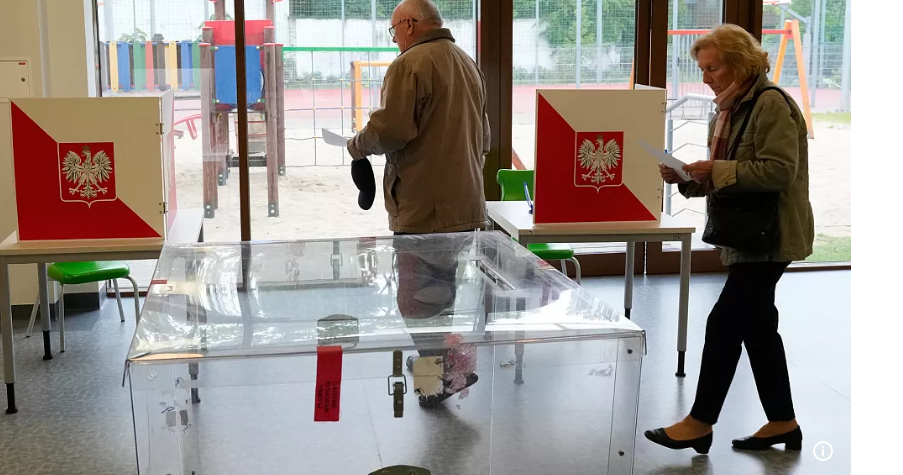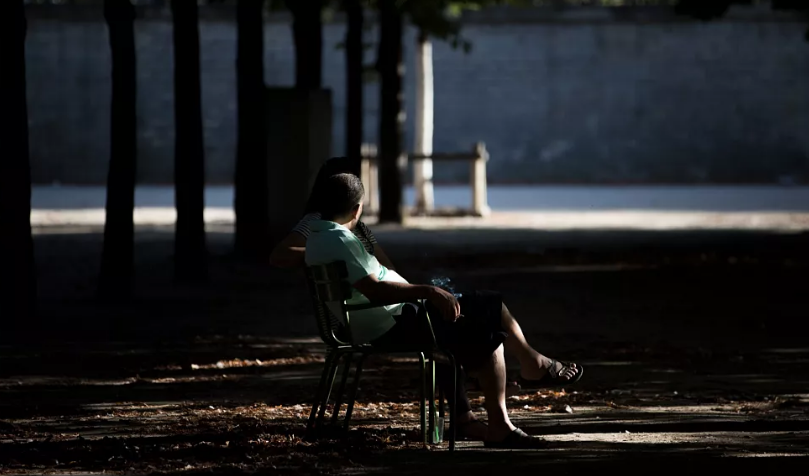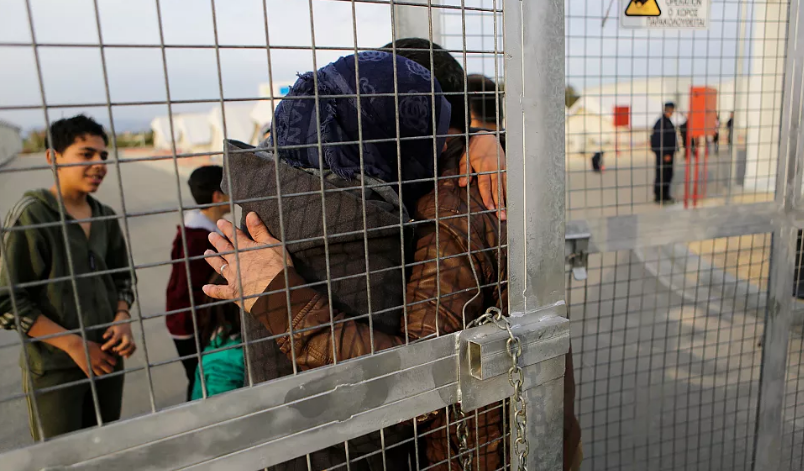News
Poland Heads to Decisive Presidential Runoff Between Trzaskowski and Nawrocki

Poland is bracing for a tightly contested presidential runoff between Civic Platform’s Rafal Trzaskowski and Karol Nawrocki, who is backed by the conservative Law and Justice (PiS) party. The second round of voting is set for June 1, following a closely fought first round on May 18.
With the final tally from the first round placing Trzaskowski slightly ahead at 31.36% and Nawrocki at 29.54%, the race has now narrowed to two candidates, both of whom are currently polling evenly at 46.3%, according to the latest aggregated surveys.
Trzaskowski, the Mayor of Warsaw, is making a renewed bid for the presidency after narrowly losing to incumbent Andrzej Duda in 2020. Duda, who is constitutionally barred from seeking a third term, remains a key figure within the conservative opposition. Nawrocki, meanwhile, has emerged as PiS’s leading contender, promising to continue the party’s conservative policy legacy.
With the margins razor-thin, the outcome of the runoff is expected to hinge on voters who backed other candidates in the first round. Notably, far-right candidates Slawomir Mentzen and Grzegorz Braun secured 14.8% and 6.34% of the vote, respectively — a combined bloc that could be decisive in determining the next president.
Both Trzaskowski and Nawrocki have since made overtures to Mentzen’s supporters, including appearances on his YouTube channel to outline their platforms and attract voters from the political fringes.
This election is seen as pivotal for the governing coalition, which has struggled to enact progressive reforms in the face of opposition from the presidency. Analysts say the winner of the June 1 vote will significantly influence the country’s direction on major issues including civil liberties, migration, judicial reforms, and national security.
The official results will be announced by the State Electoral Commission (PKW) shortly after voting concludes. The president-elect will be sworn into office on August 6 before a joint session of the Sejm and Senate, commencing a five-year term with the possibility of re-election in 2030.
As Poland prepares to head to the polls once again, both candidates are ramping up their campaigns in what is shaping up to be one of the most consequential elections in recent years.
News
France to Enforce Smoking Ban in Child-Friendly Outdoor Spaces from July 1

France will implement a new smoking ban in outdoor public spaces frequented by children starting July 1, Health Minister Catherine Vautrin announced on Thursday. The measure is part of the government’s broader National Tobacco Control Programme, which was first introduced in November 2023 to curb tobacco use and reduce smoking-related deaths.
The new regulation prohibits smoking in areas such as public parks, beaches, playgrounds, sports facilities, bus shelters, and the vicinity of schools. Offenders could face a €135 fine for violating the ban. While the restriction does not currently extend to café and bar terraces, Vautrin did not dismiss the possibility of future limitations in those areas.
“Wherever there are children, smoking must disappear,” Vautrin told Ouest France, emphasizing that the aim is to create “a smoke-free generation.”
Although the ban targets traditional cigarette use, electronic cigarettes will still be allowed in these spaces for now. However, the French government plans to tighten regulations on e-cigarettes by mid-2026, including lowering permitted nicotine levels and limiting the variety of available flavours.
The detailed scope of the law is still under review by France’s Council of State (Conseil d’État), the top advisory body responsible for vetting proposed regulations. Vautrin said the government would rely on local officials to apply the rules in a practical and effective manner.
The new smoking restrictions are being rolled out amid strong public support. According to a recent survey conducted by the cancer prevention group La Ligue contre le cancer, 79% of respondents supported the ban in child-friendly outdoor spaces, and 83% were in favour of extending similar restrictions to e-cigarettes.
Each year, smoking claims approximately 75,000 lives in France. The government has identified tobacco control as a public health priority and, in 2023, outlined 26 measures to address the issue. These include increasing tobacco prices, mandating plain packaging, and restricting access to vaping products.
France’s move follows a similar announcement by Spain, which plans to ban smoking in various public areas such as restaurant terraces, university campuses, work vehicles, and outdoor sporting events. Both countries are taking firmer steps toward reducing tobacco-related harm and promoting healthier public environments.
News
Cyprus Unveils Voluntary Repatriation Scheme for Syrian Asylum Seekers

The Cypriot government has announced a new voluntary repatriation programme aimed at encouraging Syrian asylum seekers to return to their homeland with financial support, while allowing one family member to remain in Cyprus temporarily for work.
Deputy Minister for Migration Nicholas Ioannides unveiled the scheme this week, stating that eligible Syrians who withdraw their asylum applications or renounce their international protection status by 31 December 2024 will qualify for the programme.
Under the plan, families opting to return to Syria will receive a one-time payment of €2,000 for one adult and an additional €1,000 per child. Childless couples are also eligible. Applications will be accepted from 2 June to 31 August.
To ease economic concerns about reintegration in Syria, the main breadwinner in each family — either the father or mother — will be granted a special residency and work permit in Cyprus. The permit will allow them to stay and work on the island for a minimum of two years, and up to three years. Holders of this permit will also be able to travel freely between Cyprus and Syria during this period.
“This new programme is a targeted, humanitarian, and realistic policy that bolsters Syria’s post-war transition to normality,” Ioannides said. He noted that many Syrians have expressed interest in returning home but are hesitant due to uncertainty about employment opportunities in Syria.
The head of Cyprus’ Asylum Service, Andreas Georgiades, said the initiative aims to provide returning families with some financial stability during their transition. Syrians currently represent the largest group of asylum seekers in Cyprus, with 4,226 applications filed in 2023—nearly ten times more than any other nationality.
Ioannides also cited the 2009 search and rescue agreement between Cyprus and Syria, which he said permits the return of Syrian migrants arriving by sea. He confirmed that two boats carrying 30 migrants each were recently turned back in accordance with this agreement.
Cyprus has come under criticism from the UN refugee agency and the Council of Europe over alleged pushbacks of asylum seekers, claims which the Cypriot government firmly denies.
Officials say the new repatriation scheme is designed to provide a humane and structured solution to Cyprus’ growing migration pressures while supporting post-conflict rebuilding efforts in Syria.
News
French Police Arrest 20 Over Kidnapping Attempts Targeting Crypto Executives
-

 Business1 year ago
Business1 year agoSaudi Arabia’s Model for Sustainable Aviation Practices
-

 Business1 year ago
Business1 year agoRecent Developments in Small Business Taxes
-

 Politics1 year ago
Politics1 year agoWho was Ebrahim Raisi and his status in Iranian Politics?
-

 Business11 months ago
Business11 months agoCarrectly: Revolutionizing Car Care in Chicago
-

 Business11 months ago
Business11 months agoSaudi Arabia: Foreign Direct Investment Rises by 5.6% in Q1
-

 Technology1 year ago
Technology1 year agoComparing Apple Vision Pro and Meta Quest 3
-

 Politics1 year ago
Politics1 year agoIndonesia and Malaysia Call for Israel’s Compliance with ICJ Ruling on Gaza Offensive
-

 Sports10 months ago
Sports10 months agoKeely Hodgkinson Wins Britain’s First Athletics Gold at Paris Olympics in 800m





























